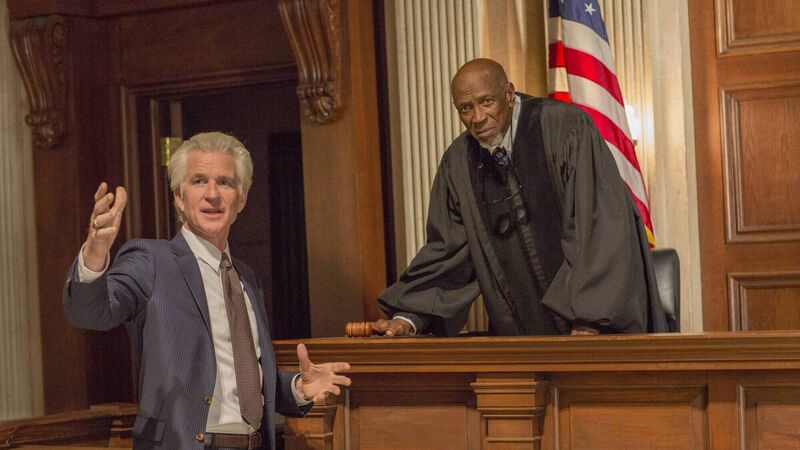Movie Reviews: Campaign for justice after brutal abuse at the hands of his foster parents

Courtroom drama Foster Boy aims to reconcile two distinct ambitions: to bring to light the deliberately callous (and very profitable) neglect practised by some private fostering companies, and a more conventionally cinematic account of polar opposites who find common ground.
The deeply traumatised Jamal Randolph (Shane Paul McGhie) is the (15A) at the heart of Youssef Delara’s latest film. A recidivist small-time criminal who expresses himself through rap verse, 19-year-old Jamal is pigeon-holed as ‘a thug’ by high-powered corporate lawyer Michael Trainor (Matthew Modine) when a judge forces Michael to take on Jamal’s latest case. For once, however, Jamal is the plaintiff: he is suing Belcore, a company that provides fostering services, for $20 million as compensation for the neglect that led to Jamal experiencing brutal abuse at the hands of his foster parents. ‘It’s always about the money,’ Michael observes, but soon he learns that Jamal isn’t interested in being bought off: Jamal wants justice, and for the world to look a little more closely at what the privatisation of the fostering service means for the children who find themselves living a nightmare.







